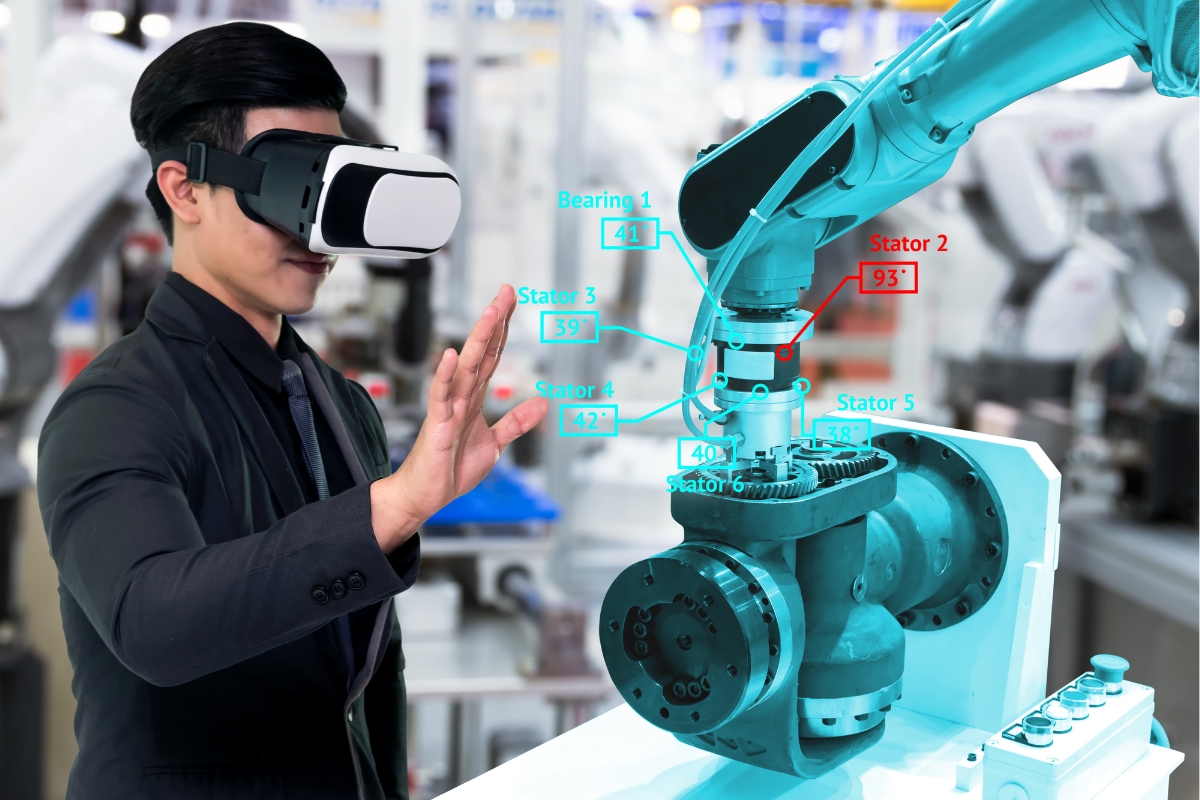As the UK adapts to post-Brexit realities and embraces the innovations of the Fourth Industrial Revolution, British manufacturing faces a future filled with both significant challenges and exciting opportunities.
This article will explore UK manufacturing, from its potential growth areas to its strategic changes necessary to ensure the sector remains competitive on the global stage.
Current Economic Environment
The economic environment in which UK manufacturers operate has undergone significant changes in recent years. Brexit fundamentally changed trading relationships with the EU, the UK’s largest export market, leading to new customs procedures, increased paperwork, significant changes and higher costs for exporters.
Rising inflation and the energy crisis, partly driven by geopolitical instability such as the war in Ukraine, have significantly increased operating costs for manufacturers. Energy-intensive sectors, such as steel, chemicals and ceramics, have been particularly hard hit, facing pressures that threaten their competitiveness.
Adding to this complexity are ongoing trade tensions with the United States. While the UK and USA have historically maintained strong economic ties, specific sectors, particularly steel and aluminium, continue to face tariffs introduced under previous U.S. trade policies.
Although recent negotiations have been aimed at easing restrictions, uncertainty persists. This has led some UK manufacturers to hesitate on investment decisions related to U.S. exports, despite the significant opportunities the market presents.
At the same time, opportunities are emerging from government support for green technologies, digital transformation and investment in research and development. The push towards net zero is creating demand for renewable energy solutions, electric vehicles and sustainable materials, which UK firms are well-placed to develop.
Despite short-term pressures, there is optimism that with the right infrastructure and policies, UK manufacturing can capitalise on new growth areas. However, uncertainty in global markets, shifting trade dynamics and ongoing inflationary pressures continue to create a fragile backdrop for investment and expansion. As precision manufacturing experts , we see many of the opportunities and pressures manufacturers face.
Issues Facing UK Manufacturing
Skill Shortage
UK manufacturing faces both long-term and short-term challenges, with skills shortages being one of the most serious. Many companies struggle to find workers with the right skills in advanced manufacturing, digital technologies, and engineering.
Roles that require knowledge of automation, data analysis, and robotics are especially hard to fill. The problem is exacerbated by an ageing workforce and a shortage of young people entering the industry. Without action to train new talent and upskill existing workers, the sector risks falling behind in productivity and innovation.
Supply Chain Fragility
Supply chain fragility remains a significant issue for UK manufacturing, exposing businesses to delays, rising costs and material shortages. Disruptions caused by Brexit, the COVID-19 pandemic and global geopolitical tensions have highlighted the risks of over-reliance on international suppliers. Many manufacturers have faced extended lead times, limited availability of key components and increased shipping costs.
This fragility has impacted production schedules and customer satisfaction, particularly in sectors such as the automotive and electronics industries. To mitigate these risks, there is growing interest in reshoring, diversifying suppliers and adopting more resilient, technology-driven supply chain strategies to improve flexibility and reduce future vulnerabilities.
Competition From Emerging Economies
UK manufacturing faces growing competition from emerging economies, where lower labour costs and large-scale production capabilities give foreign manufacturers a pricing advantage. Countries like China, India and Vietnam are rapidly advancing in technology and quality, allowing them to compete not only on cost but also on innovation.
This has put pressure on UK firms, especially small and medium-sized manufacturers, to differentiate through advanced manufacturing, high-quality standards and niche products. Maintaining competitiveness requires continuous investment in skills, research, automation and productivity. Without strategic support and innovation, UK manufacturers risk losing global market share to more agile and cost-efficient competitors.
Overview of the Current UK Manufacturing Industry & Largest Sectors
Food and Drink Industry
The UK’s largest manufacturing sector, food and drink, contributes over £37 billion annually. Challenges include rising costs, Brexit-related export barriers and labour shortages. Sustainability demands are increasing, pushing innovation in packaging and production. Despite pressures, strong domestic demand and growth in plant-based products keep the sector resilient and competitive.
Automotive Sector
The UK automotive industry supports over 180,000 jobs and includes major manufacturers such as Jaguar Land Rover and Nissan. It faces disruption from the shift to electric vehicles. Investment in EV infrastructure and battery production is essential. The sector is expected to adapt quickly to remain globally competitive amid skills shortages and evolving consumer preferences.
Aerospace Industry
The aerospace sector, led by Rolls-Royce and Airbus UK, is a globally significant and innovation-driven industry. Recovery from COVID-19 continues, but challenges persist with high energy costs and supply chain issues. A shift towards sustainable technologies, such as hydrogen propulsion, is underway, requiring ongoing R&D investment to maintain the UK’s global leadership.
Pharmaceuticals
Home to AstraZeneca and GSK, the UK pharmaceutical sector excels in research and development, as well as exports. Strong ties with universities and the NHS support innovation. However, regulatory uncertainty post-Brexit and global competition remain challenges. Growth areas include personalised medicine and digital health, backed by continued investment in clinical and manufacturing.
Future Forecasts
Looking ahead, the shift to net zero will drive significant changes, creating strong demand for renewable energy, electric vehicles, hydrogen and sustainable materials. This transition will require significant investment and re-skilling of the workforce. Digital technologies, such as AI, robotics, and the Internet of Things (IoT), will enhance productivity. However, smaller firms may struggle without targeted support.
Supply chain resilience is also becoming a priority, encouraging reshoring to reduce reliance on distant markets. Economists forecast steady, moderate growth for UK manufacturing over the next decade, with the potential for global leadership in green and high-tech sectors, provided that investment in skills, infrastructure and innovation continues. However, global competition, policy uncertainty and economic volatility remain key risks.
Planned Activities to Support Manufacturing Growth
To boost UK manufacturing, the government is investing in research and development (R&D), particularly in green technologies and digital innovation. Support for innovation hubs and Catapult centres encourages collaboration between industry and academia.
Skills development is a key focus, with training and apprenticeships designed to address talent shortages. Infrastructure investment, especially in energy and gigafactories for EVs, will support industrial competitiveness.
New trade deals and simplified post-Brexit regulations aim to expand global market access. Efforts to reshore key components are also strengthening supply chain resilience. Together, along with financial help and incentives, these initiatives aim to drive sustainable growth and ensure UK manufacturing remains innovative and globally competitive.

Jeff Eley is the founder and managing director of Eley Metrology, a leading company in the precision measurement industry. With decades of experience in metrology, Jeff has established himself as a respected figure in the field. Under his leadership, Eley Metrology has become renowned for its expertise in coordinate measuring machines (CMMs), digital height gauges, and granite metrology products. Jeff’s vision has driven the company to develop innovative solutions, including custom-designed CMMs and the flagship long-bore measurement machine (LBM). His commitment to excellence and customer-centric approach has positioned Eley Metrology as a trusted provider of high-precision measurement tools and services for industries such as aerospace, automotive, and manufacturing.



